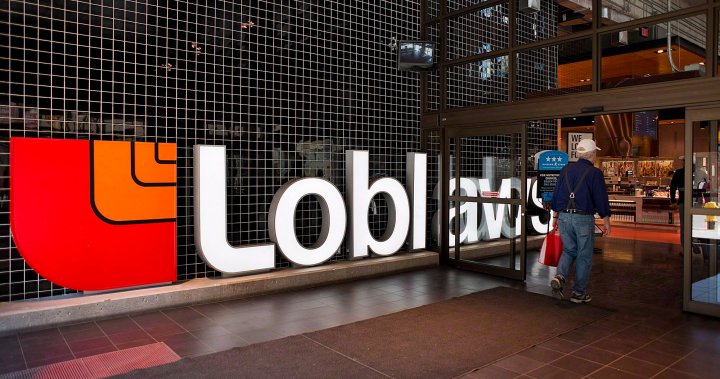The Competition Bureau of Canada has launched investigations into the parent companies of grocery chains Loblaws and Sobeys for alleged anticompetitive conduct, focusing on the use of property controls in lease agreements that limit retail grocery competition. The investigations were prompted by concerns that these controls are restricting independent grocery stores, chains looking to expand, and foreign players seeking to enter the Canadian market. The bureau has recommended limiting the use of property controls in the grocery sector to help promote competition and make it easier for new supermarkets to open. The industry minister is also seeking to bring in a foreign grocer to strengthen competition in Canada’s grocery market, which is dominated by Loblaw and Sobeys, along with a third major grocery company.
Court documents reveal that the commissioner of competition has applied for orders to obtain records from Empire and George Weston regarding their real estate holdings, lease agreements, customer data, and other records. The investigations are focused on the companies’ operations in Halifax, as well as more broadly across the country, targeting two types of property controls in contracts and commercial leases used by the grocery retailers. These controls include restrictive covenants that limit how land can be used and exclusivity clauses that dictate who can lease property and what products can be sold, potentially giving the companies the ability to exclude competitors from certain geographic areas or dictate the terms of business operations. The commissioner claims that these property controls are widespread in the retail grocery sector and may hinder competition in the market.
The probes are zeroing in on the use of property controls in lease agreements by Loblaw and Sobeys in various markets across Canada. The commissioner alleges that these controls give the companies the ability to exclude or restrict competitors from selling food products within certain areas, potentially hindering competition in the grocery sector. The investigations represent a novel case for the Canadian Competition Bureau, as previous cases alleging abuse of dominance have involved companies with more market power than George Weston and Empire. The bureau will need to argue that the companies are jointly dominant and represent a significant portion of the market due to their use of property controls.
Empire, the owner of Sobeys, has pushed back against the investigation, claiming that it does not have a dominant market position and that property controls are not unique to the grocery sector but have been widely used in various retail and other sectors for decades. The company believes that the inquiry was launched for an improper purpose amidst political criticism of rising grocery prices, raising concerns about the independence of the Commissioner of Competition. Empire has filed a separate application in Federal Court challenging the investigation, arguing that the Commissioner must make decisions independently and free from political interference.
The investigations come at a time when Canadian grocers are facing public and political pressure over rising food prices, with accusations of “greedflation” being denied by the companies. The government has called on the major grocers to take action to stabilize food prices, and all three major Canadian grocers have agreed to participate in an industry-led code of conduct aimed at leveling the playing field for suppliers and smaller grocery retailers. The Competition Bureau is using new tools gained from recent amendments to the Competition Act to investigate agreements that may limit competition in the grocery sector. While Loblaw’s parent company is cooperating with the bureau’s review, Empire is challenging the investigation and raising concerns about the independence of the Commissioner. The outcome of the investigations and court proceedings will have significant implications for competition in the Canadian grocery market.


